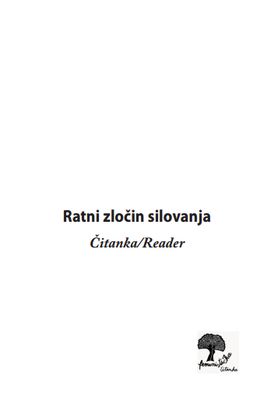
We kindly inform you that, as long as the subject affiliation of our 300.000+ articles is in progress, you might get unsufficient or no results on your third level or second level search. In this case, please broaden your search criteria.

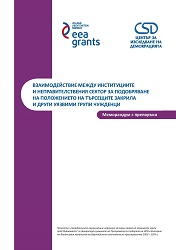
The initiative ‘Civic Organizations: a Guarantee for Equal Rights of Vulnerable Groups before the State’ encompasses four vulnerable groups: persons deprived of their liberty, victims of human trafficking and domestic violence, as well as persons in need of international protection and other vulnerable foreigners. Although very different, those communities encounter similar problems in their relations with institutions: insufficient human and financial resourcing, work practices not always meeting the needs of vulnerable groups. Thus, oftentimes those persons rely on civil society for improving their status, including through assistance before the respective competent authorities. Throughout its different stages, the initiative outlined the profile of the vulnerable groups, their relations with institutions and NGOs and promising foreign experience and practices applicable in the Bulgarian environment. A Concept for More Effective Civic Participation in the Assistance to Vulnerable Groups was developed, proposing further practical steps. The four memoranda (Co-operation between institutions and NGOs in improving the status of domestic violence victims; Co-operation between institutions and NGOs in improving the status of victims of human trafficking; Co-operation between institutions and NGOs in improving the status of persons deprived of their liberty; Co-operation between institutions and NGOs in improving the status of persons seeking international protection and other vulnerable foreigners) contain specific recommendations to institutions, working with the vulnerable groups, based on the Concept and the opinions of various state authorities and civil society representatives.
More...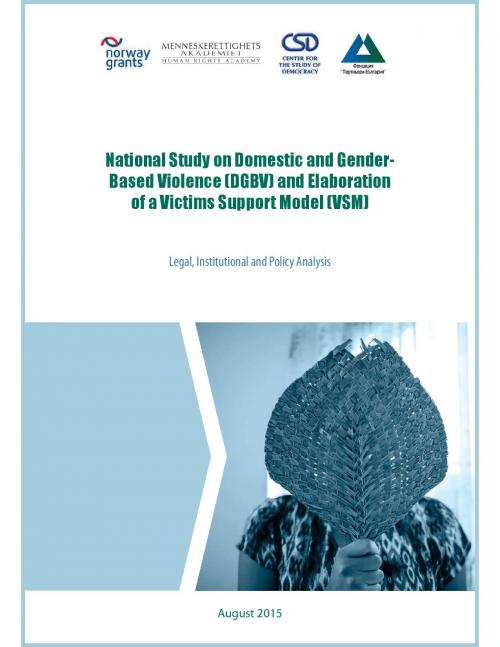
Although throughout the last decade the Bulgarian authorities have adopted a number of acts and subsidiary legislation, as well as improved the existing ones, related to domestic and gender-based violence (DGBV), the country still has a long way to go to bring its legislation and practices in full compliance with EU and Council of Europe standards. The present analysis will attempt to show that Bulgaria has a fairly comprehensive legal framework for counteracting violence, affecting disproportionately women and girls. It includes, inter alia, the Law on Protection against Domestic Violence and the Regulation for its implementation, stipulating a civil law procedure for protecting those harmed; relevant provisions in the Criminal Code, criminalising bodily injury and other forms of violence against the person, plus a provision on punishing non-compliance with a domestic violence protection order; a body of legislation for protection and (financial) assistance of victims of crime, including a dedicated law, relevant provisions in the Criminal Procedure Code. In addition, a number of policy documents guide the work of institutions in co-ordinating their efforts to combat violence and protect groups of persons harmed, especially those with multiple vulnerabilities, such as Roma women and girls.
More...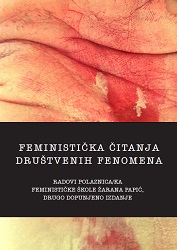
Pojmu silovanja moguće je pristupiti iz brojnih perspektiva jer je to praksa koja je kontinuirano (sve)prisutna od početka pisanja historije svijeta, a istovremeno se o njoj najviše šuti i u najvećoj mjeri se tabuizira. Kad kažemo silovanje, odmah pomislimo na neravnopravan odnos moći između moćnog muškarca i nemoćne žene. Silovanje se dešava i muškarcima, dešava se u drugačijim odnosima moći, uzimalo je različite oblike i bilo društveno tretirano na različite načine. Jedna stvar je definitivno konstantna – silovanje kao pojava postoji u svim društvima, u doba mira i rata, u svim sferama javnog i privatnog.
More...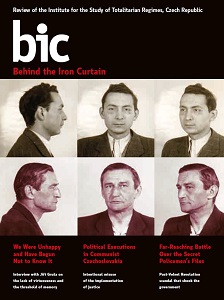
Czechs were among Nazi Germany’s first foreign victims, with Prague the last capital to be freed at the end of World War II. Capitulation, occupation and oppression cast a long shadow which persisted into the post-war period.
More...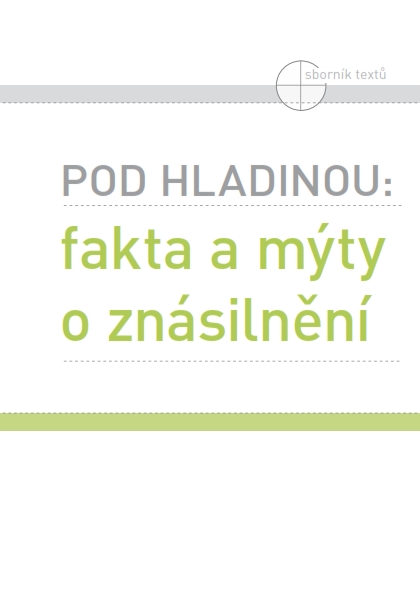

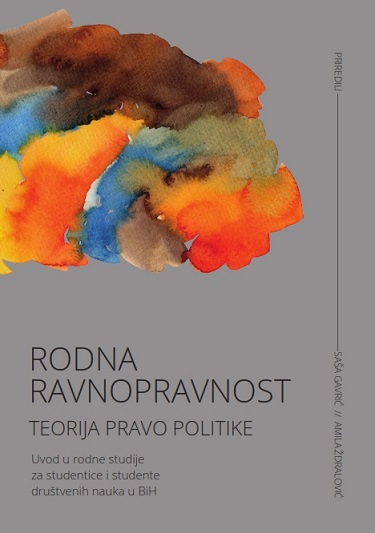
Rodno zasnovano nasilje je kršenje ljudskih prava i oblik diskriminacije i označava svaki čin nasilja koji ima za posljedicu ili će vjerovatno imati za posljedicu fizičku, psihičku, seksualnu ili ekonomsku povredu, odnosno patnju, uključujući i prijetnje takvim djelima, prinudu ili namjerno oduzimanje slobode u javnom ili privatnom životu. Rodno zasnovano nasilje je jedan od najviše rasprostranjenih oblika kršenja ljudskih prava i fenomen koji je duboko ukorijenjen u rodne nejednakosti, počiva na rodnim normama i nejednakim odnosima moći. Može se manifestovati u različitim oblicima ili kao kombinacija više njih: fizičko, emocionalno, psihološko ili seksualno nasilje te ekonomsko nasilje. U ovom tekstu, rodno zasnovano nasilje razumijemo u širem smislu, uključujući i nasilje na osnovu seksualne orijentacije i/ili rodnog identiteta.
More...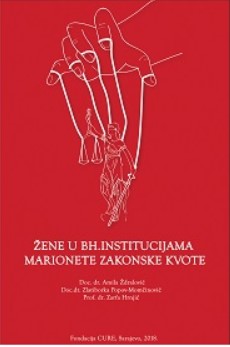
Since most of the available researches and documents that are analyzed cannot find clearly distinguished data by regions as well as separately for these two regions (one of the exceptions is the research of the CURE Foundation "Women who inspire"), a general overview with somespecifics for a better understanding of the state in the field will be done. After that we will give an overview of some local specifics. It should be noted that the regional divisions do not follow the administrative ones as four analyzed municipalities in these two regions belong to the municipality of Eastern Sarajevo, and two belong to the Romanija region.
More...
Document "Socio-economic indicators by municipalities in the Federation of Bosnia and Herzegovina 2016" represents the basic socio-economic indicators of FBiH development by municipalities and ranking the local community according to the level of development. When determining the general development index of each municipality in FBiH, the following indicators were used: the level of employment of the population, the level of unemployment, the number of primary and secondary school students per 1,000 inhabitants, the absent population compared to the 1991 census and the tax revenues per municipality percapita.
More...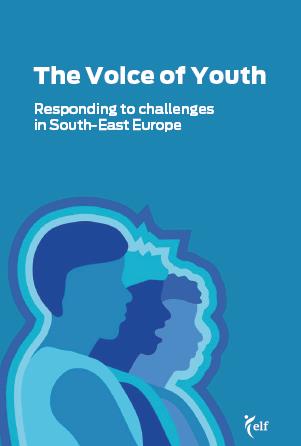
She is awakened by the first rays of summer sun. While still sensitive and fragile, she rubs her eyes and smiles. She enjoys the little things in life. She gets up, smells coffee and smiles again. Her love for coffee is unconditional. She puts on the lightest dress she has to make her feel free and comfortable. Oh, my God, how beautiful she is! She already made plans in her head for this wonderful day. First, she will have a cup of coffee with her husband. He is already drinking it and surely, her cup is waiting for her too. Then, she will make lunch and get ready for work.
More...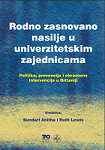
Pristup za posmatrače u prevenciji nasilja nad ženama uslovljen je osnaživanjem posmatrača da interveniraju na pozitivan, prosocijalan način kada svjedoče događaju koji prepoznaju kao problematičan. Učinjena intervencija potencijalno može imati snažne društvene učinke: šalje jasnu poruku krivcu o društvenoj neprihvatljivosti njegovog ponašanja, a istovremeno upozorava druge posmatrače da je primjereno da ospore to ponašanje. Stalne i pojačane poruke o neprihvatljivosti ponašanja u zajednicama tako mogu promijeniti društvene norme u odnosu na ono što predstavlja poželjno ponašanje. Iako se čini da je ovaj narativ instinktivan, programi za posmatrače su višestrane intervencije zasnovane na složenoj i sofisticiranoj teoriji. Rastuća baza dokaza, uglavnom iz SAD-a, ukazuje na adekvatnost intervencije za posmatrače u univerzitetskim okruženjima, njenu potencijalnu važnost i obećanje koje se odražava kroz zakonske i finansijske zahtjeve za američke univerzitete (Zakon SaVE o kampusima, 2013; DeGue, 2014).
More...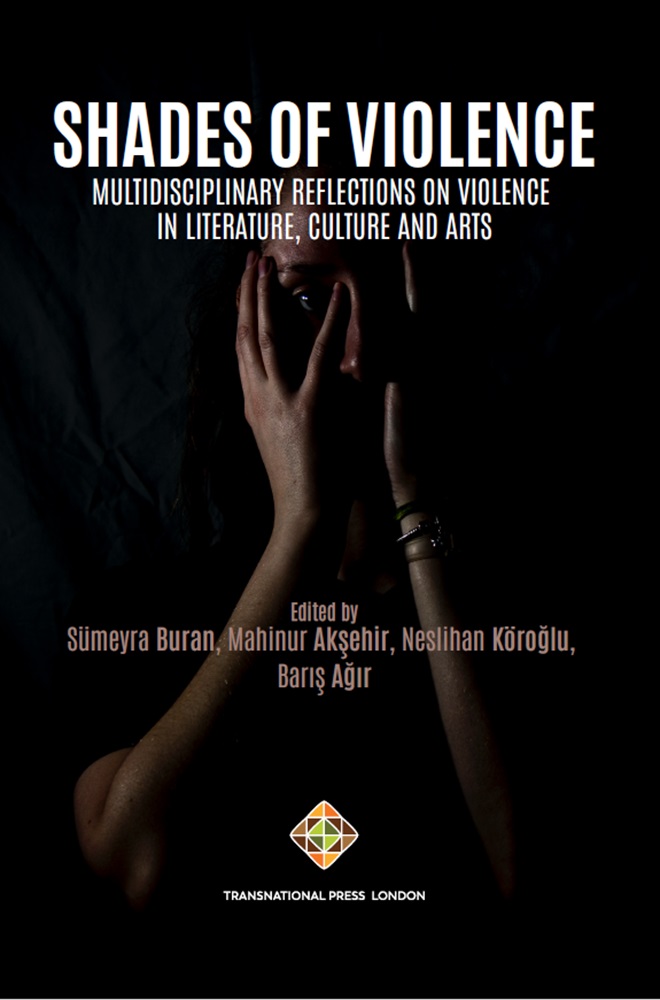
Within the Africana worldview system, there does not exist a division regarding the mind, body, and spirit. Eurocentric hegemony distorts and disrupts one’s inherent ontological framework, causing epistemicide (Taylor, 2020), or an “ontological rearrangement” (Snorton, 2017, p. 74) which positions the Black Queer body as one to be contested. This contestation leads to the body being transgressed, which can result in recolonization and puts Queer futurity in jeopardy. Within this article, contestation is used to describe the debate regarding the right of Black Queer bodies to exist and occupy space, while transgressions encompass the different forms of violence that society has inflicted on these bodies. Using performance ethnographies, sacred texts, historical record, novels, and popular culture, this article examines the ways in which the Black Queer body has been, and continues to be, dismembered. The systemic dismemberment of the Black Queer body is an agency reduction formation (Tillotson, 2016) because it reduces the ability of the Black Queer person to situate and preserve their body. I interrogate how contestation and transgression interfere with the Black Queer body’s ability to (re)member.
More...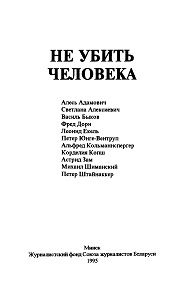
All his life Ales Adamowitsch thought about and never tired of writing that the most important and fundamental idea at the end of the 20th century was: Why does one person kill another person? His novellas, essays and literary journalism spoke of this. In this article, which we present to the reader and in which he analyzes the novels “Breast Sign 'Ost” and “The Dam” by the well-known Russian writer Vitaly Sjomin, he repeatedly returns to his constant theme: How can thoughts of murder as such be erased from human mind?
More...
on the connection between war memory and disaster processing in Belarus and Germany
More...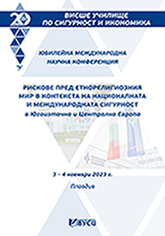
The article discusses the ways in which it is possible to collect material evidence. Attention was also paid to their research in the pre-trial phase. Case law is also indicated.
More...
Le samedi 6 avril, un inconnu téléphone à la rédaction de « Literami Listy » : « Ici le prisonnier de la cellule n° 46. Le médecin qui administrait aux détenus des stupéfiants s'appelle Sommer. Quelques jours avant le XIIIe Congrès, il fut exclu de la police, et maintenant, à ce qu'on dit, il travaille quelque part à Vysocany comme médecin du travail. Description : le cheveu rare, calvitie sur le front, corpulence massive, mesurant un mètre soixante-dix environ. Il a travaillé dans les services de la police d’Etat à Prague avec le grade de colonel. Son collaborateur, devenu par la suite son supérieur, était l'ingénieur Vratislav Podzemsky qui occupe actuellement le rang de colonel. Son secteur de travail concernait les substances chimiques. Il était connu comme protégé d'Antonin Novotny. Si quelqu’un souhaite d'autres renseignements, passez une annonce dans « Literarni Listy » pour demander au détenu de la cellule n° 46 de se mettre en contact avec la rédaction. »
More...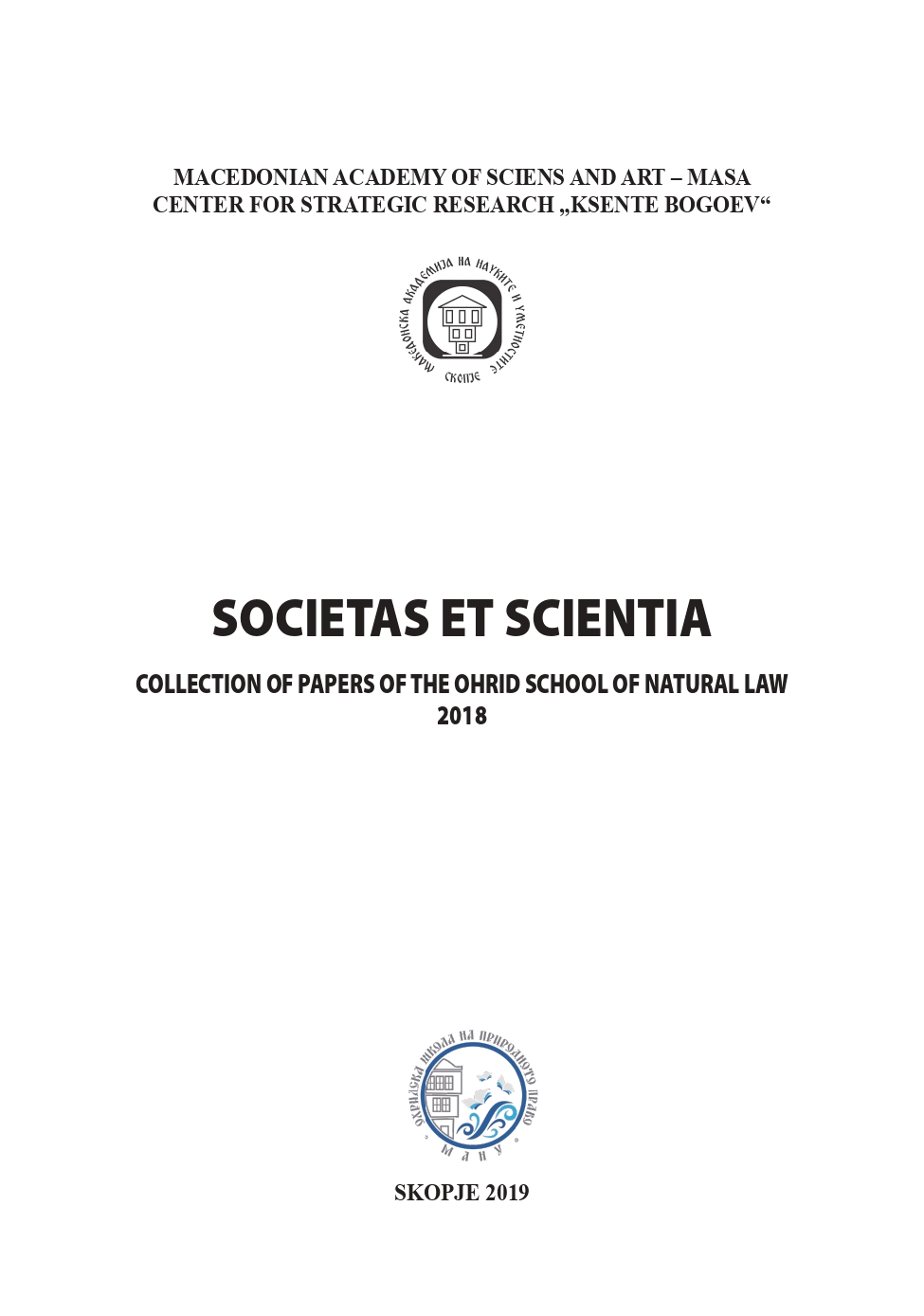
Mediation in criminal procedure in the Republic of North Macedonia was implemented in 2009 with the Changes and Additions of the Mediation Law from 2006, in 2009 with the Law for Criminal procedure and in 2013 with the Law for Children’s Justice and the new Mediation Law. Even that until today almost 10 years have passed since the implementation of mediation in criminal procedure, we are witnesses that this kind of mediation still has no practice and no practical appliance in reality. This paper presents results from the research of the Primary courts and Primary Public Prosecution’s from the area of the six municipalities under the jurisdiction of the Court of Appeal Bitola regarding their experiences so far and their opinions about mediation in criminal procedure. These data can give useful information about the degree of implementation of mediation in criminal procedure in practice and are helping in reaching solutions for getting easier solutions about how to provide successful implementation of mediation in criminal procedure in practice.
More...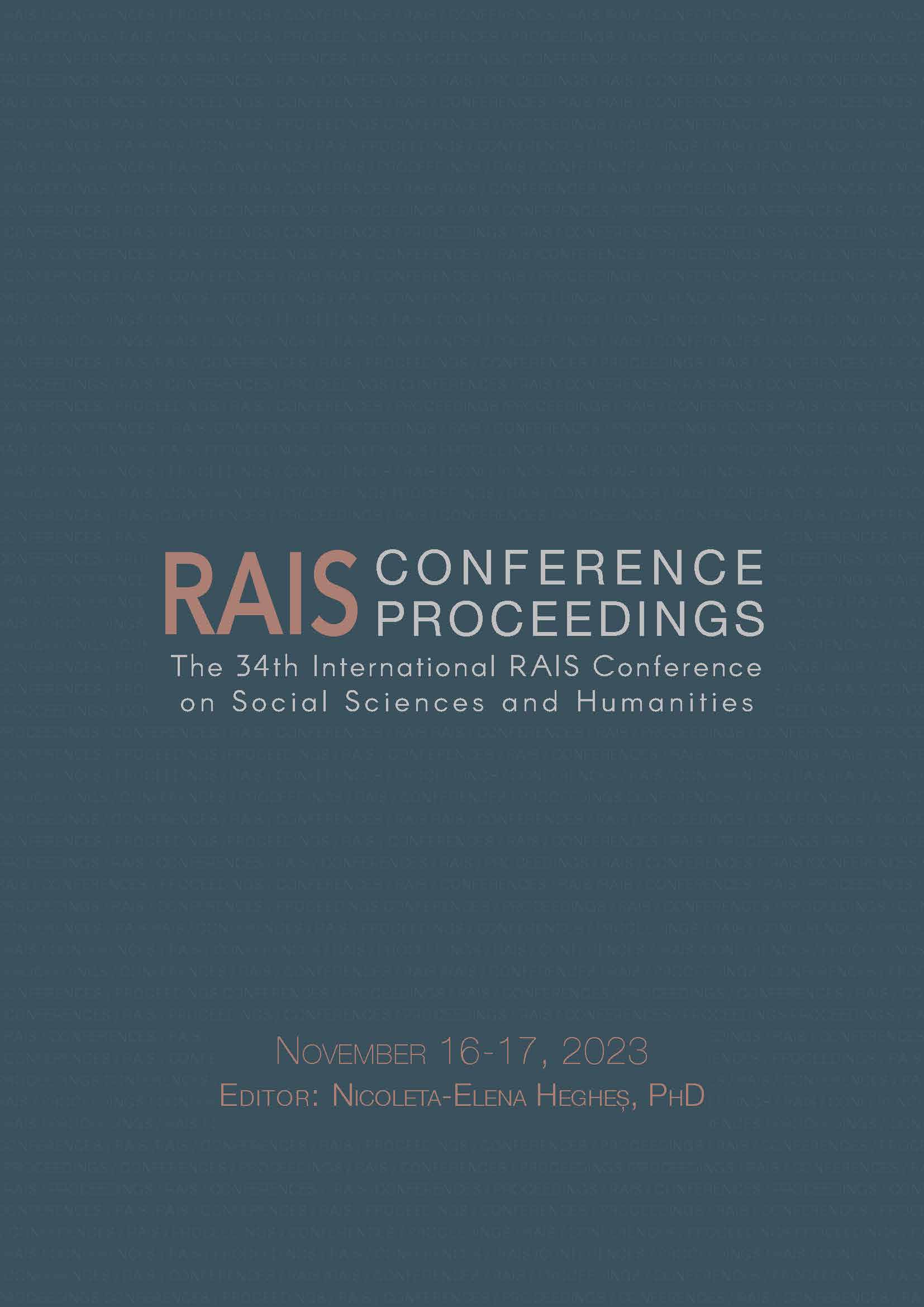
Gender-based violence is a challenge of the current society. The discrimination against women in considering the dominant role of men, regarding the position of power, and, at the same time, the emphasis of gender inequalities are factors generating gender-based violence—a phenomenon faced by the whole world-wide society. The right to life, gender equality, prohibition of discrimination on the grounds of sex, protection of physical integrity, and the right to health are fundamental human rights impacted by gender-based violence, safeguarded by many instruments acting at the international level. The Convention of the Council of Europe on preventing and combating violence against women and domestic violence (the Istanbul Convention) is the reference instrument in matters of combating gender-based violence, campaigning for equality between men and women and for protection of women against all forms of violence. Therefore, we now have a comprehensive legal framework where violence against women is considered a serious violation of human rights and, at the same time, a form of discrimination of women in society. The accelerated increase of gender-based violence made the European Union intensify its efforts against such phenomenon, and therefore, on June 1, 2023, there was the adhesion of the EU to the Istanbul Convention, Decision (EU) 2023/1075 and Decision (EU) 2023/1076, published in the Official Journal of the European Union, L 1431 of June 2, 2023.
More...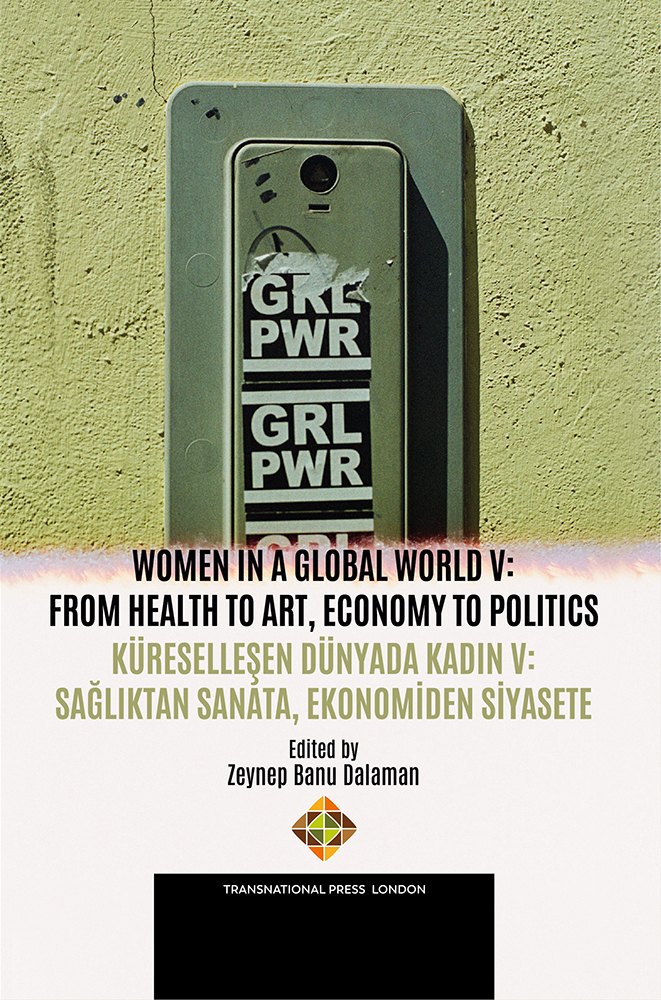
Women who are victimized as a result of all kinds of violence against women, women’s disempowerment, gender inequality, social impositions and expectations, continue to be victimized in our country as in many parts of the world from past to present. Women face gender inequality even before they are born. In reproductive age, they are blamed for the sex of their babies, their right to education is denied, they are subjected to mobbing in working life, and their social roles and responsibilities continue at home. In order to prevent gender-based violence, empower women and improve their health, support systems need to be established, preventive services need to be planned and accessible. Midwives should evaluate every woman and girl they encounter in terms of violence. Health managers should develop health service policies that integrate preventive and protective services with psychosocial support services and ensure that they are easily accessible when needed. This review, which is based on the literature, aims to share information about the institutions where women who are victims of gender inequality can receive help in cases of violence and other problems.
More...